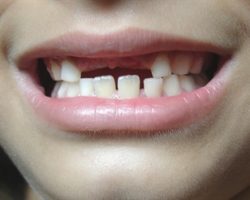Hydrea – An Overview of the Cancer Drug, Side Effects, and Monitoring
Hydrea: A Powerful Medication for Treating Cancer Hydrea, also known as hydroxyurea, is a potent drug utilized primarily in the treatment of various types of cancer, such as chronic myelogenous leukemia, melanoma, and ovarian cancer. This medication falls under the class of drugs known as antimetabolites, which play a crucial role in hindering the growth and spread of cancer cells within the body. It is commonly available in the form of capsules, which are easily administered orally for convenience and effectiveness. Hydrea belongs to the chemotherapy category of cancer drug treatments. This type of treatment specifically employs drugs that have the ability to either eliminate cancer cells or impede their growth. Hydrea is capable of preventing the synthesis of DNA and interfering with the replication of cancer cells, making it an important component in combating cancerous growth. However, it is important to note that Hydrea is not suitable for all…

 English
English Deutsch
Deutsch Français
Français Italiano
Italiano Español
Español Svenska
Svenska Português
Português 日本人
日本人 Dansk
Dansk Norsk
Norsk Suomi
Suomi Czech
Czech




